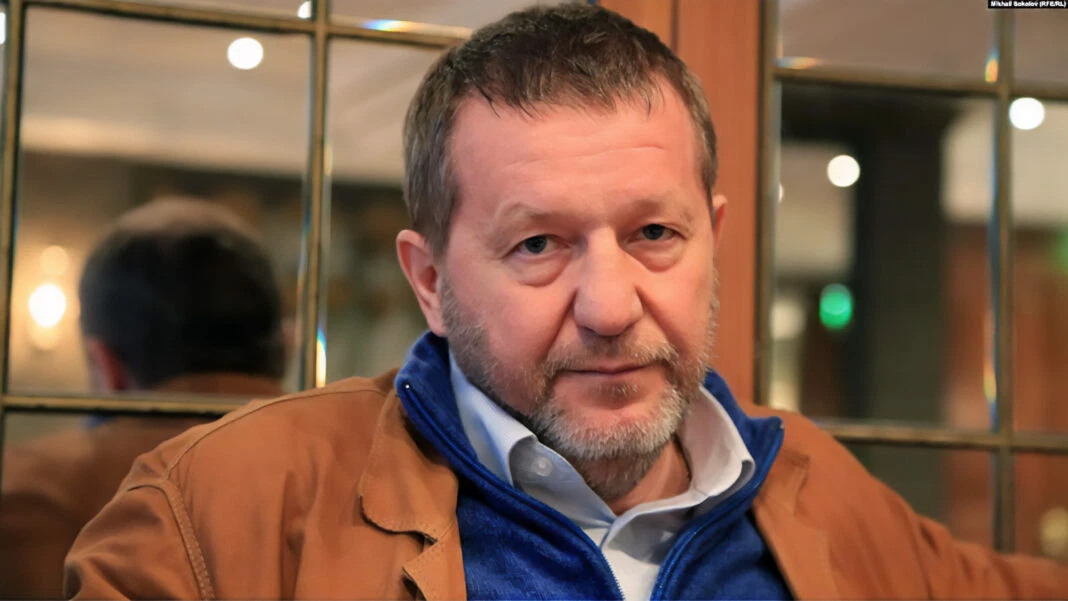Former Russian government official Alfred Kokh, now residing in Germany, has shared insights into the pivotal events surrounding Yevgeny Primakov’s appointment as Russia’s Prime Minister in 1998. Writing on his Telegram channel, Kokh sheds light on the political dynamics and key figures involved during this critical period in Russian history.
The Proposal for Primakov’s Appointment
According to Kokh, the proposal to appoint Primakov came from Grigory Yavlinsky, the leader of the Yabloko party, who recommended him to President Boris Yeltsin. Primakov, known for his left-leaning political stance, was a contentious choice. His ideological position deterred prominent figures like Boris Nemtsov and Alexander Sysuyev from joining his government. Even Viktor Chernomyrdin, whom Primakov invited to serve as First Deputy Prime Minister, declined the role, as did Alexander Shokhin, citing similar reservations.
Economic Stabilization and Growing Popularity
As the Russian economy began to stabilize following the 1998 financial default, Primakov’s popularity naturally increased. However, Kokh argues that the credit for this stabilization should have been attributed to Chernomyrdin. Nonetheless, Primakov’s growing approval ratings emboldened him and his close allies, including Yuri Luzhkov, to entertain political ambitions that extended beyond his role as Prime Minister.
The Yumashev-Primakov Agreement
Kokh also recounts a crucial conversation that reportedly occurred between Primakov and Valentin Yumashev, the head of Yeltsin’s administration, prior to the appointment. During this meeting, Yumashev presented Primakov with a condition: Yeltsin would nominate Primakov as Prime Minister only if he agreed not to run for the presidency in the 2000 elections. According to Kokh, Primakov accepted this stipulation.
Yumashev’s Strategy to Protect Yeltsin’s Legacy
Yumashev, Kokh suggests, anticipated that economic recovery after the crisis would inevitably boost the popularity of the Prime Minister. He was determined to prevent Primakov from leveraging this newfound popularity for a presidential bid. Viewing it as his responsibility to secure Yeltsin’s political legacy, Yumashev saw himself as the gatekeeper in selecting Yeltsin’s successor.
These reflections by Kokh provide a deeper understanding of the political strategies and negotiations that shaped Russia’s leadership during a tumultuous era. The behind-the-scenes maneuvering reveals not only the complexity of Russian politics but also the delicate balance of power among its key players.


















